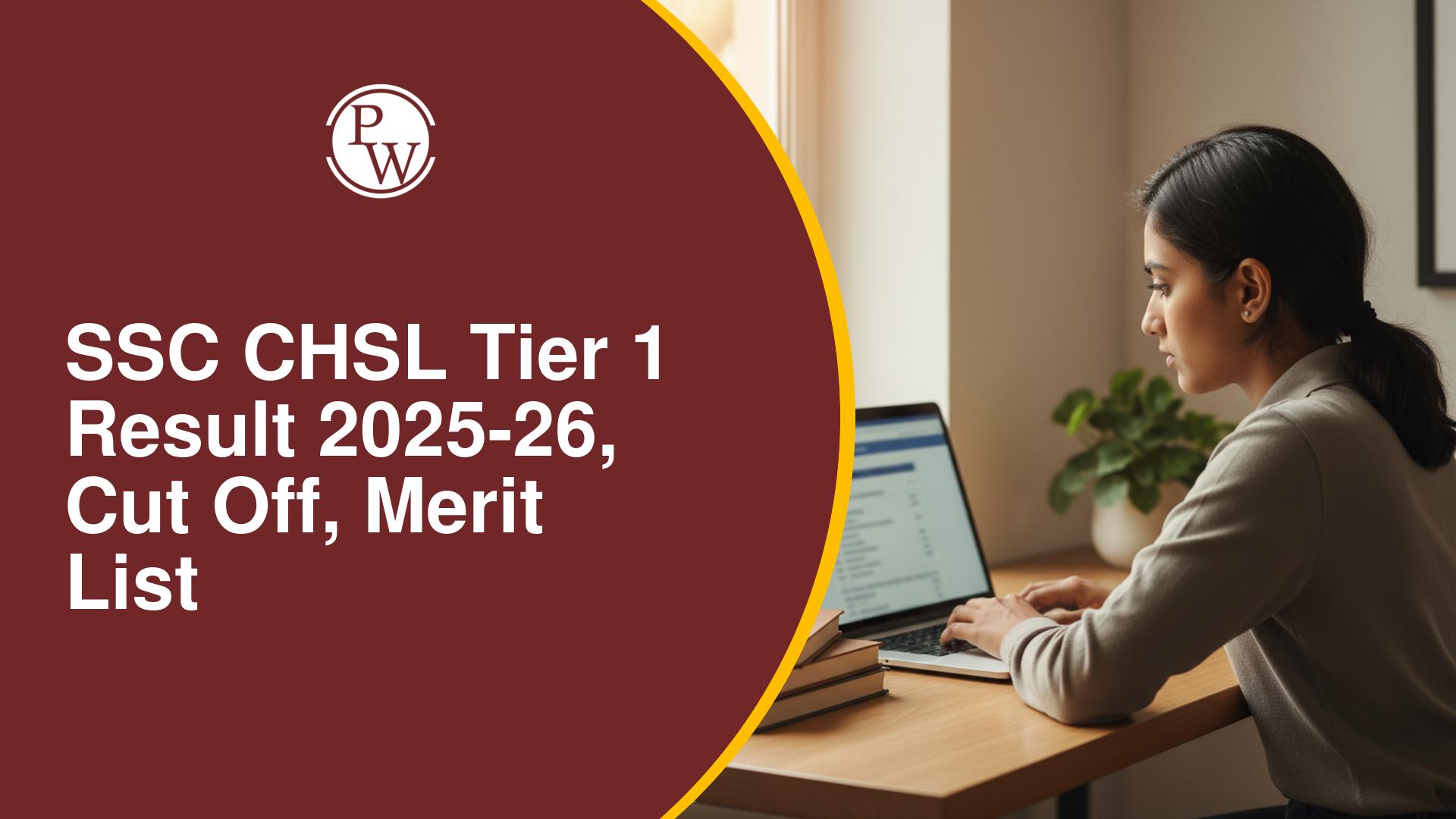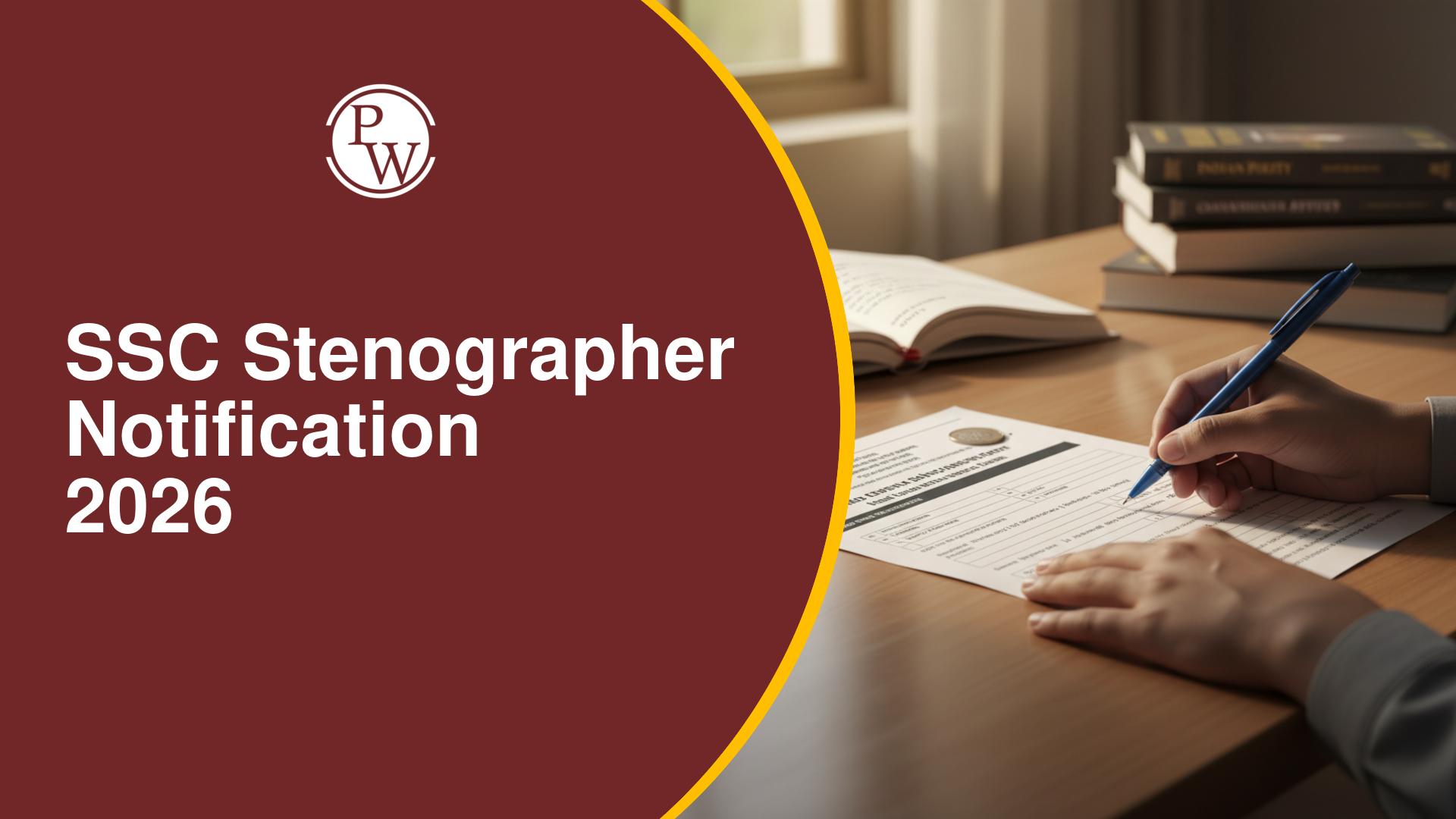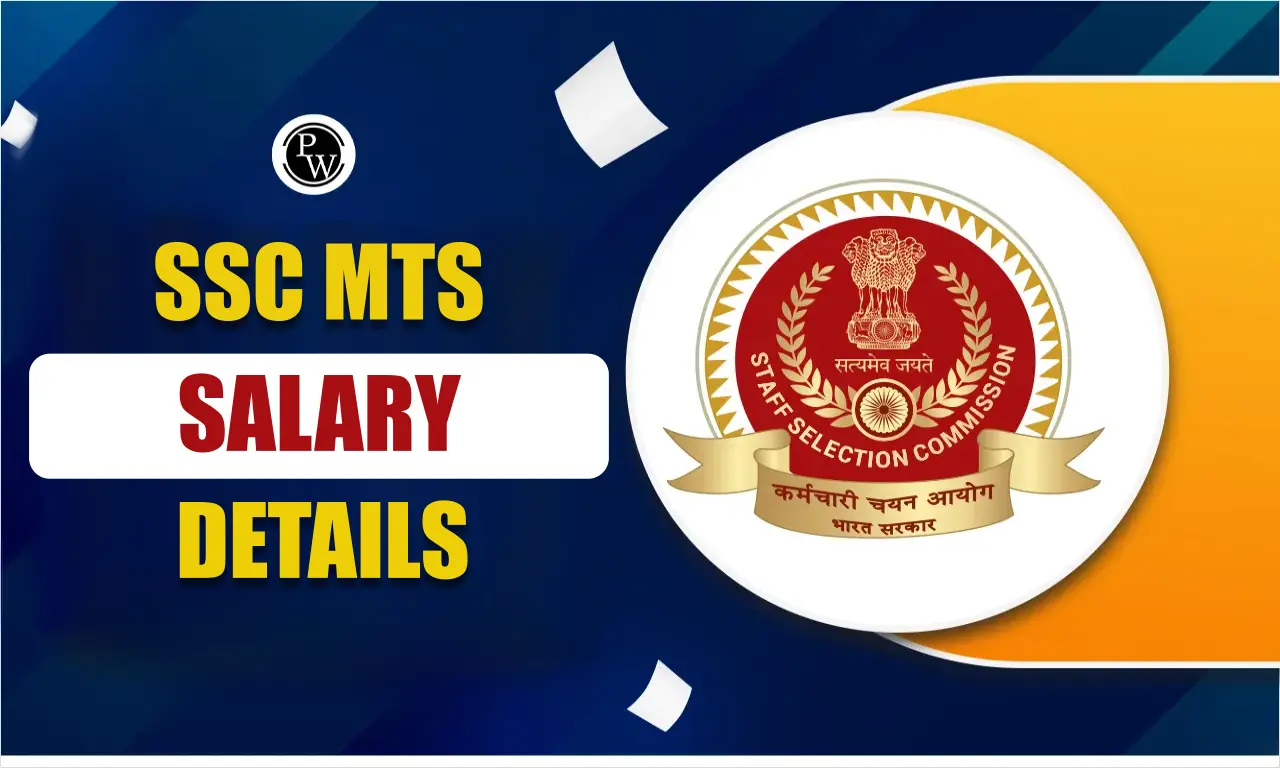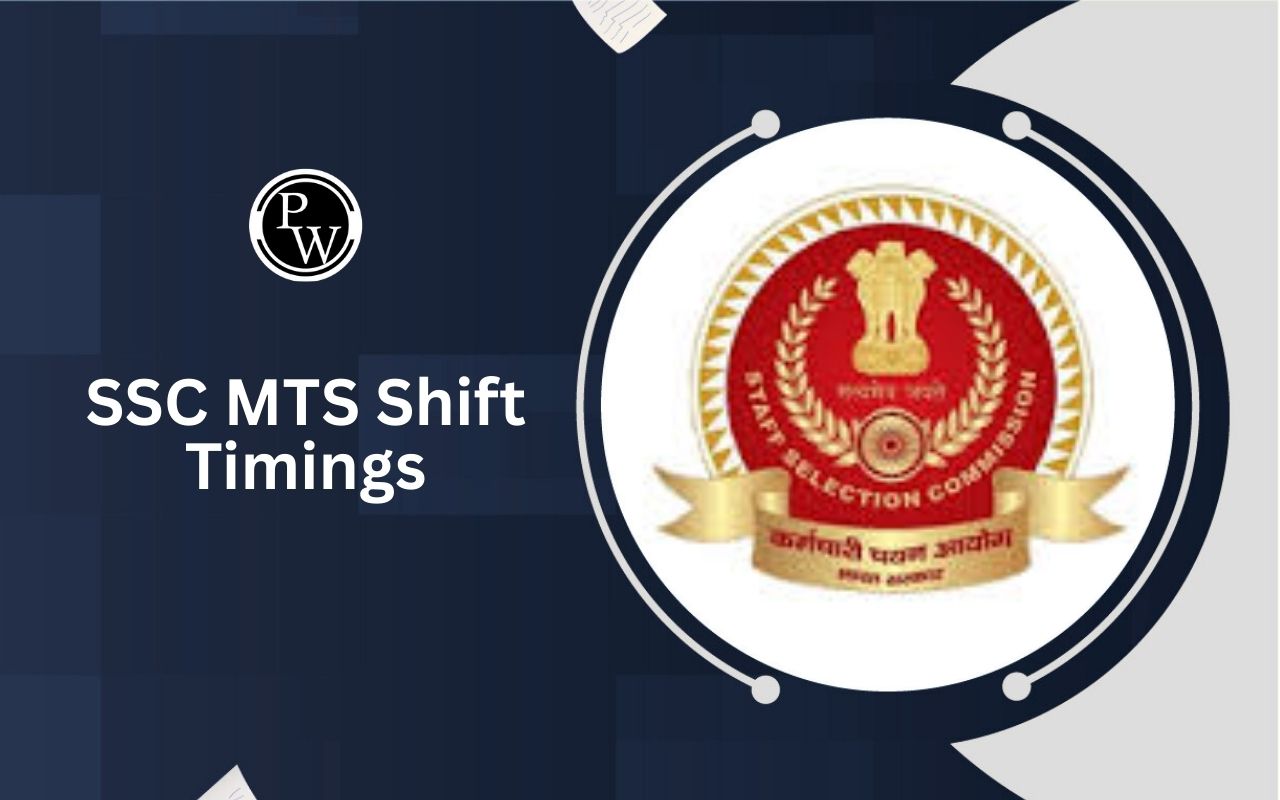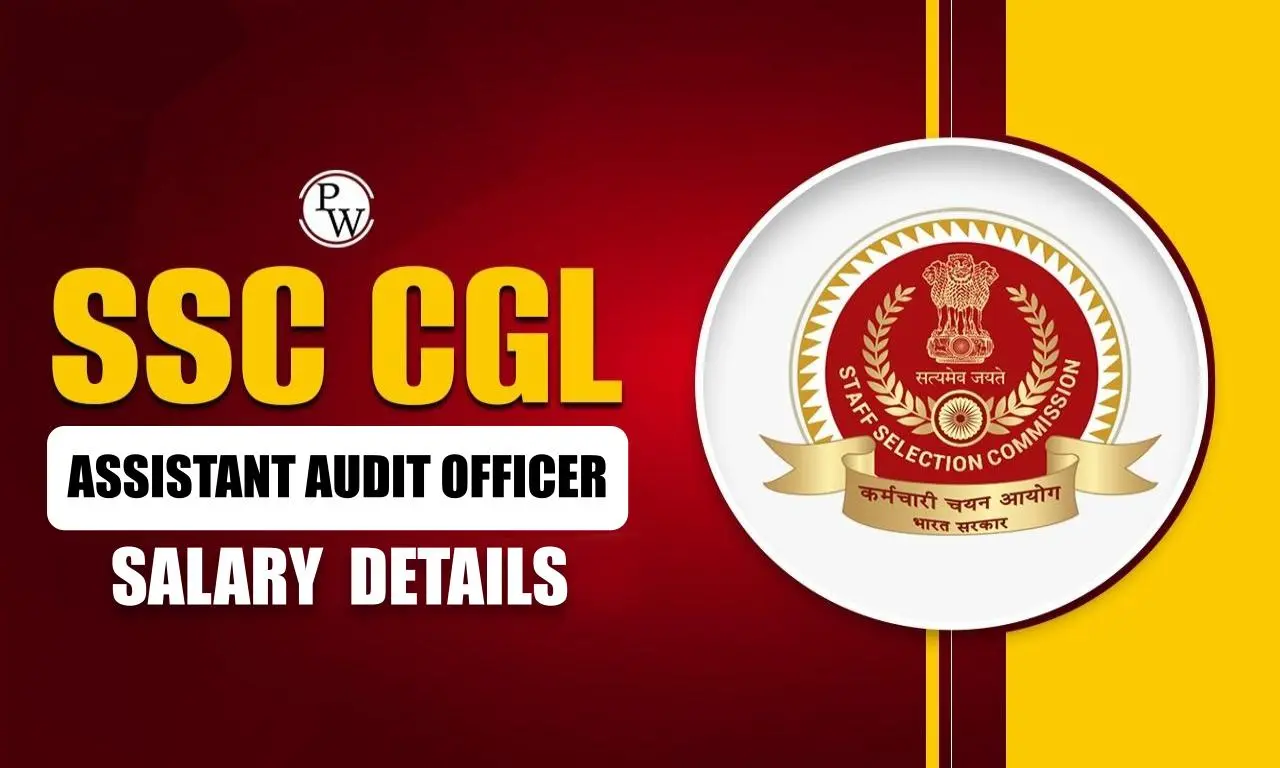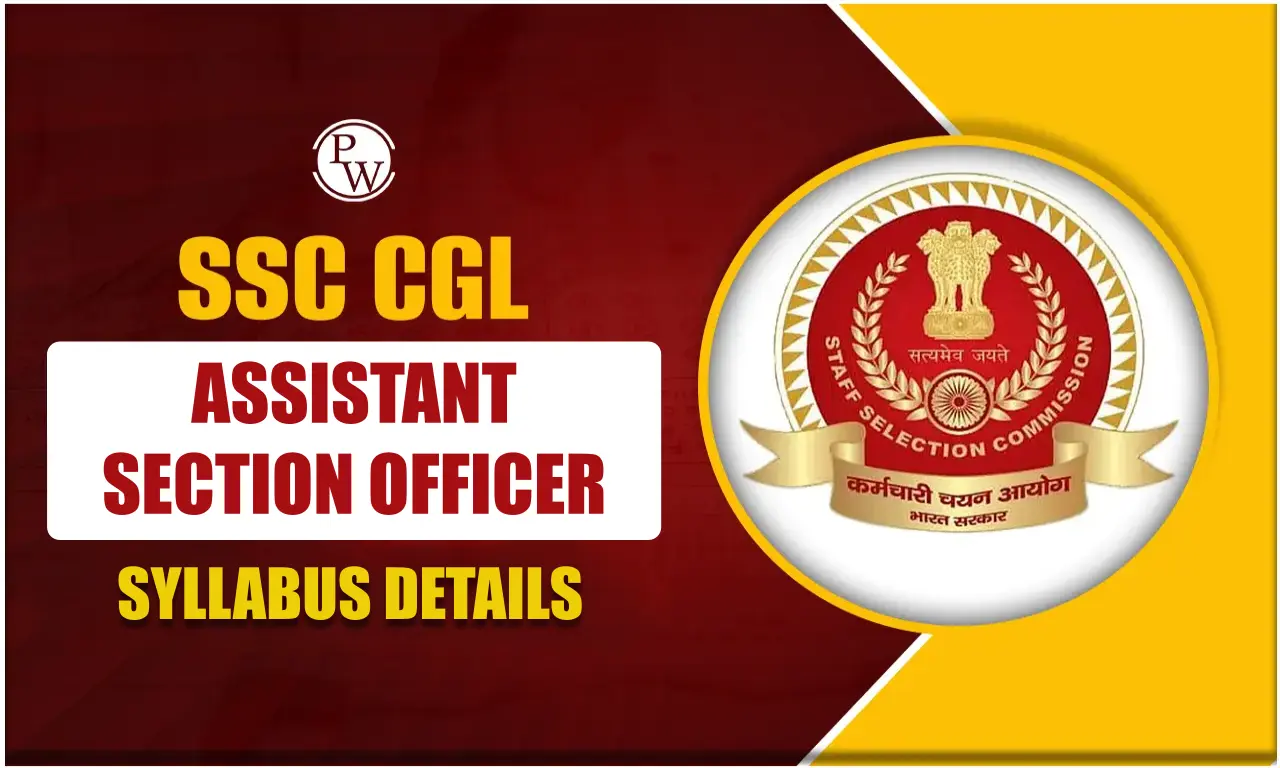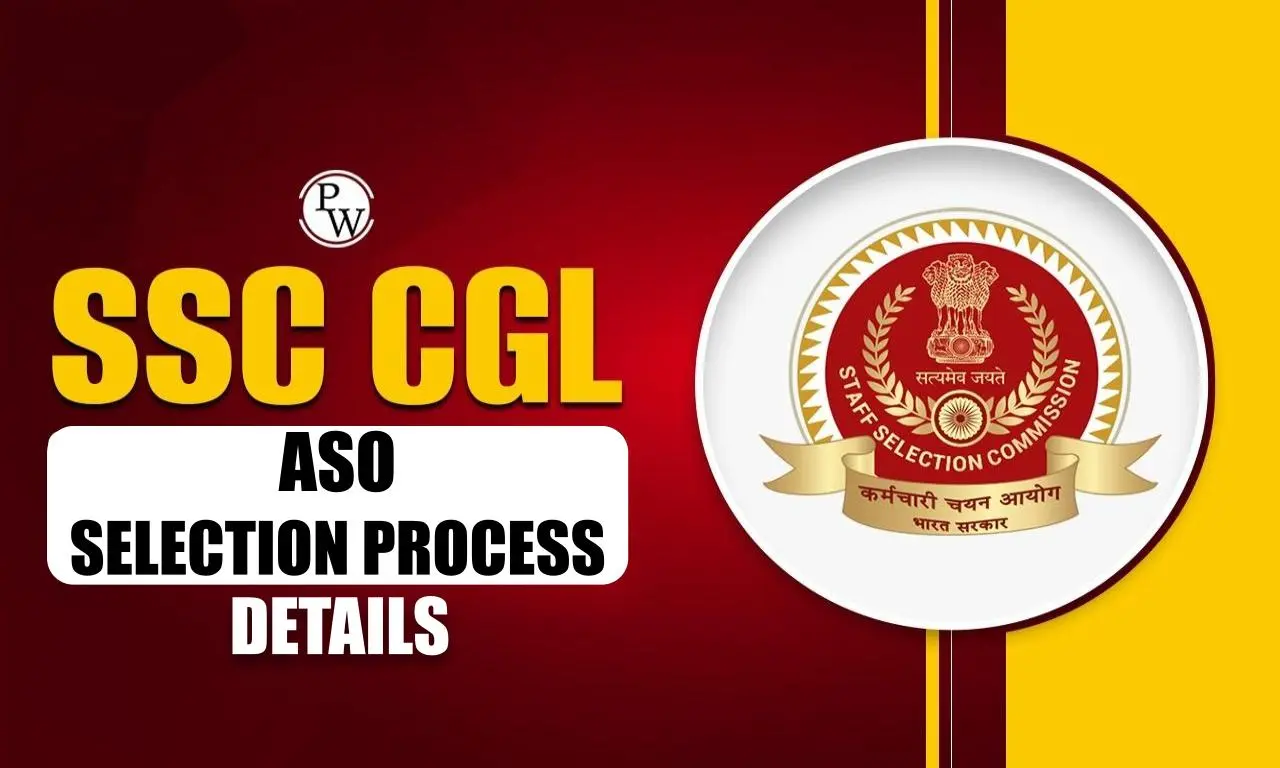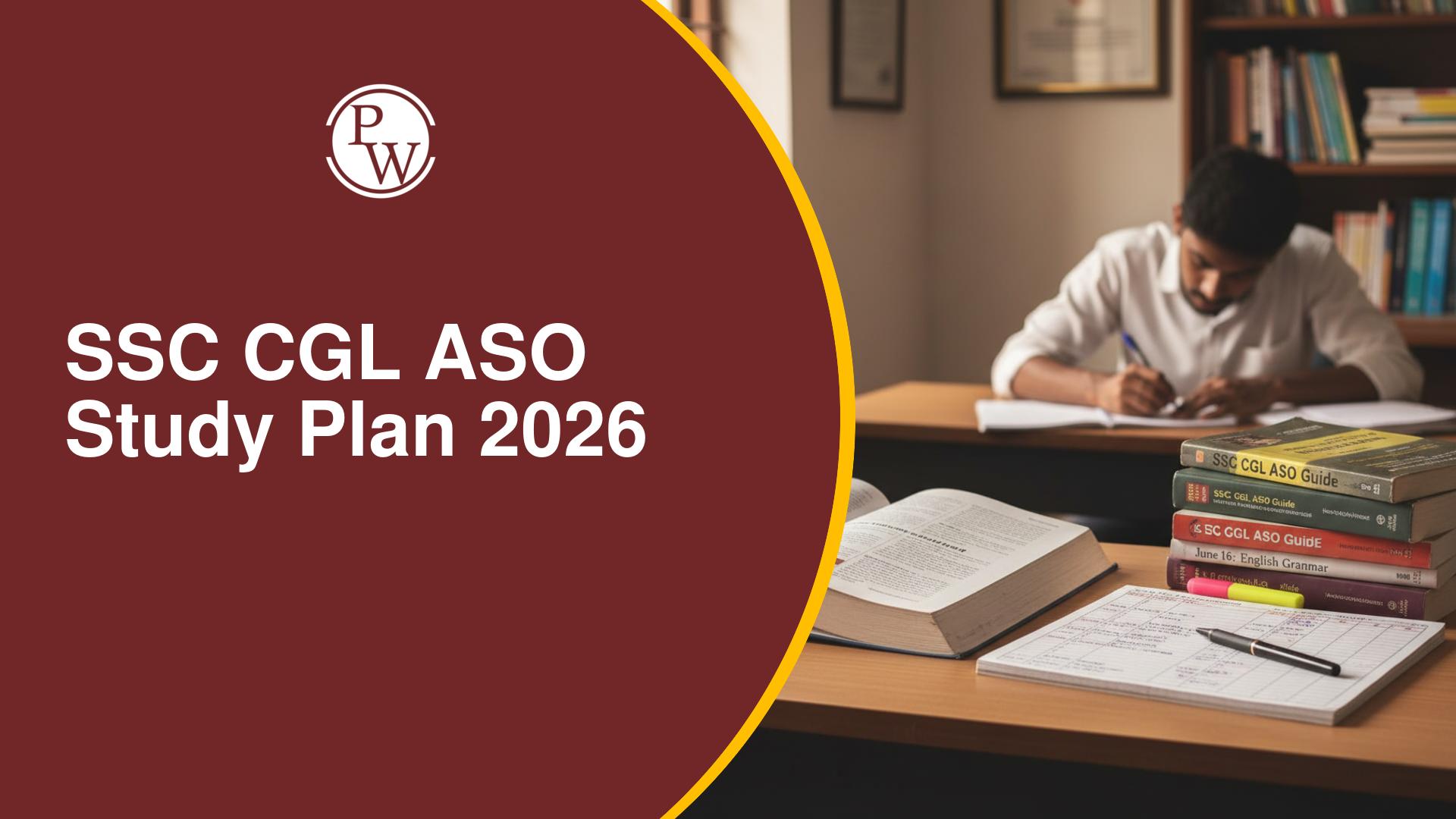
SSC MTS Study Plan: Preparing for the SSC MTS exam requires a study plan that covers all aspects of the syllabus while allowing time for revision and practice. This article will help you create an effective study plan to ace the SSC MTS exam.
SSC MTS Study Plan
SSC MTS Exam Pattern
Before looking into the study plan, it’s essential to understand the SSC MTS Exam Pattern. SSC MTS exam consists of two Tiers: Tier 1 is CBT and Tier 2 is a physical test that is designed to test the candidate's physical efficiency for Havaldar posts. Understanding this structure is crucial for creating an effective study plan.| SSC MTS Exam Pattern | |||
| Subject | No. Of Questions | Marks | Duration |
| Session 1 | |||
| Numerical and Mathematical Ability | 20 | 60 | 45 minutes |
| Reasoning Ability and Problem-Solving | 20 | 60 | |
| Total | 40 | 120 | |
| Session 2 | |||
| General Awareness | 25 | 75 | 45 minutes |
| English Language and Comprehension | 75 | ||
| Total | 50 | 150 | |
SSC MTS Syllabus
Tier 1 is a computer-based test (CBT) that includes four sections: General English, General Intelligence and Reasoning, Numerical Aptitude, and General Awareness. Check the detailed SSC MTS Syllabus below:| SSC MTS Syllabus | |
| General English |
|
| Maths |
|
| General Awareness |
|
| General Intelligence & Reasoning |
|
Check: SSC MTS Selection Process
How to Create SSC MTS Study Plan?
Step 1: Assess Your Strengths and Weaknesses- The first step in creating a study plan is to assess your strengths and weaknesses in each section of the exam. This can be done by taking a few practice tests to identify which areas you are strong in and which areas need improvement.
Step 2: Set Realistic Goals- Once you have assessed your strengths and weaknesses, the next step is to set realistic daily, weekly, and monthly goals. Break down the syllabus into smaller topics and assign specific timeframes to each.
Step 3: Allocate Study Time- Creating a timetable that allocates sufficient time to each subject is essential for effective preparation. Balanced approach ensures that you are consistently covering all areas of the syllabus while also allowing time for rest and reflection.
Subject-wise SSC MTS Study Plan
General English: The General English section tests your understanding of the language, grammar, and vocabulary. Topics to cover include reading comprehension, error spotting, fill-in-the-blanks, synonyms and antonyms, and idioms and phrases. To prepare effectively, read English newspapers, magazines, and books to improve comprehension skills. Additionally, solve SSC MTS Previous Year Question Paper and take mock tests to familiarize yourself with the exam pattern and improve your speed and accuracy.
General Intelligence and Reasoning: The General Intelligence and Reasoning section evaluates your logical thinking and problem-solving skills. Key topics include analogies, series (number and alphabetical), coding-decoding, non-verbal reasoning, puzzles, and blood relations. To excel in this section, understand the basic concepts and logic behind each topic. Regular practice is crucial.
Numerical Aptitude: The Numerical Aptitude section measures your mathematical abilities and numerical problem-solving skills. Topics to cover include arithmetic (percentages, ratios, averages), data interpretation, algebra (basic algebraic expressions and equations), and geometry and mensuration (shapes, volumes, areas). Regularly take PW SSC MTS mock tests to improve your speed and accuracy, and to get comfortable with the exam format.
General Awareness: The General Awareness section assesses your knowledge of current events and general knowledge. Important topics include current affairs, history (India and the world), geography (physical and political), polity (Indian Constitution and political system), and science and technology (basic concepts and discoveries).
Check: Time Management Tips for SSC MTS
Sample SSC MTS Study Plan
Here’s a sample daily study plan to guide you:| Sample SSC MTS Study Plan | |
|
6:00 AM - 7:00 AM : General English 7:15 AM - 8:15 AM : General Intelligence and Reasoning 8:30 AM - 9:30 AM : Numerical Aptitude 9:30 AM - 10:30 AM : Break/Exercise 10:30 AM - 11:30 AM : General Awareness 11:30 AM - 12:30 PM : Practice questions/mock tests 12:30 PM - 1:30 PM : Lunch/Rest 1:30 PM - 3:30 PM : Detailed study of weak topics 3:30 PM - 4:00 PM : Break 4:00 PM - 6:00 PM : Revision and note-making 6:00 PM - 7:00 PM : Break/Dinner 7:00 PM - 8:00 PM : Current Affairs (Reading newspapers/magazines) 8:00 PM - 9:00 PM : Relaxation/Light reading |
SSC MTS Study Plan FAQs
How many hours should I study daily for SSC MTS?
How important are mock tests for SSC MTS preparation?
What is the best way to improve in General Awareness for SSC MTS?

